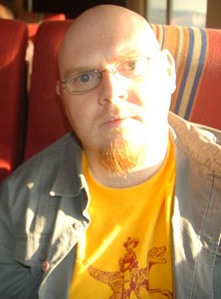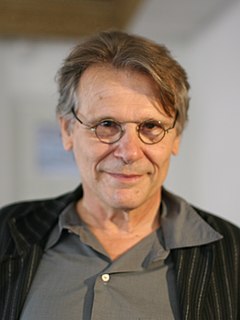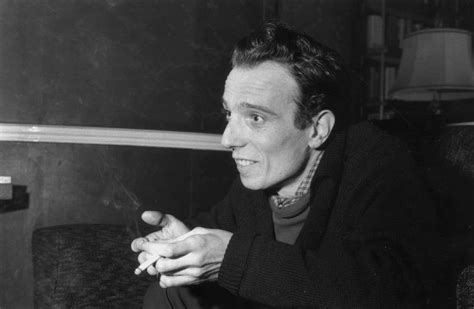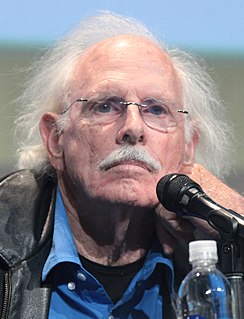A Quote by Gene Wolfe
My definition of good literature is that which can be read by an educated reader, and reread with increased pleasure.
Quote Topics
Related Quotes
I was, without a sliver of a doubt, a no-good, lazy slacker of a child, and after I discovered literature, I was totally and utterly a no-good, lazy slacker of a child who read books. A lot of books, good and bad, but my favourite - the books I read and reread in my teens - were by Margaret Weis and Tracy Hickman.
Reader's Bill of Rights 1. The right to not read 2. The right to skip pages 3. The right to not finish 4. The right to reread 5. The right to read anything 6. The right to escapism 7. The right to read anywhere 8. The right to browse 9. The right to read out loud 10. The right to not defend your tastes
I barely read. I'm not a good reader at all. Rather than reading, I used to sit in front of the TV and watch black-and-white cowboy movies. I'm a painfully slow reader. It's really bad as an actor, because you have to read a lot of scripts. It takes me like an average of three hours to read a script, which is pretty poor.
Lenten practices of giving up pleasures are good reminders that the purpose of life is not pleasure. The purpose of life is to attain to perfect life, all truth and undying ecstatic love - which is the definition of God. In pursuing that goal we find happiness. Pleasure is not the purpose of anything; pleasure is a by-product resulting from doing something that is good. One of the best ways to get happiness and pleasure out of life is to ask ourselves, 'How can I please God?' and, 'Why am I not better?' It is the pleasure-seeker who is bored, for all pleasures diminish with repetition.
I was a reader. I loved reading. Reading things gave me pleasure. I was very good at most subjects in school, not because I had any particular aptitude in them, but because normally on the first day of school they'd hand out schoolbooks, and I'd read them--which would mean that I'd know what was coming up, because I'd read it.
I don't want to give the impression that I'm a great Bible reader. I don't sit down every day and read for an hour through the Bible. But I really do read it with a great deal of pleasure... which is the last thing I would have suspected. So I read it sometimes as a devotional, but really more, not for fun, but because it's fascinating.
When I read educational articles it often seems to me that this important side of the matter, the purely personal side, is not emphasized enough; the fact that it is so much more agreeable and interesting to be an educated person than not. The sheer pleasure of being educated does not seem to be stressed.







































